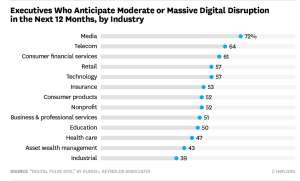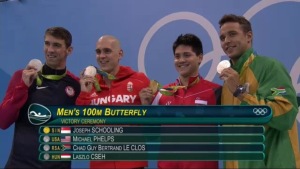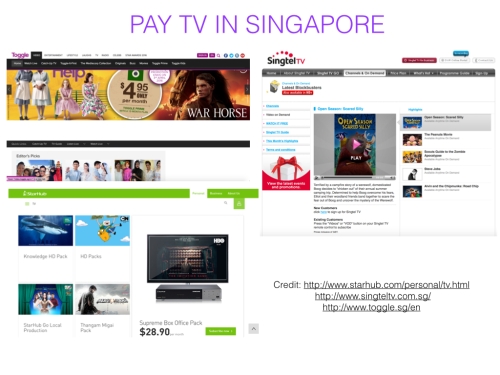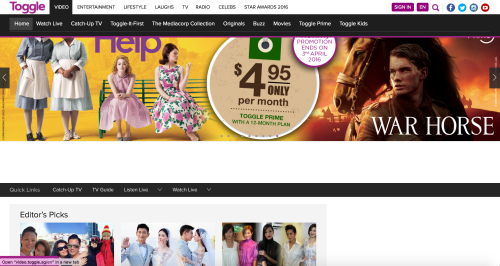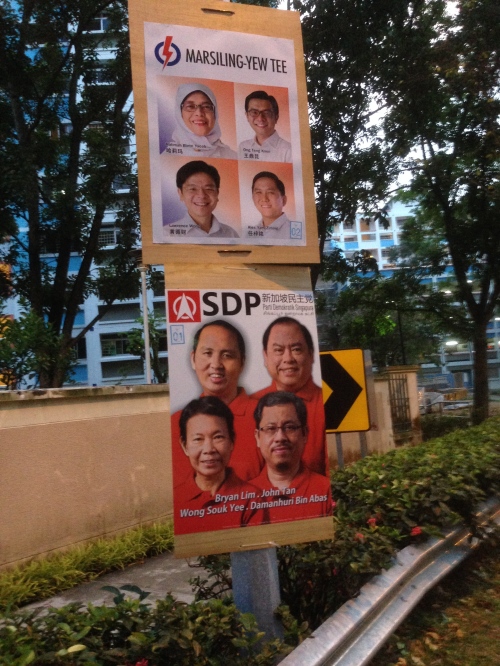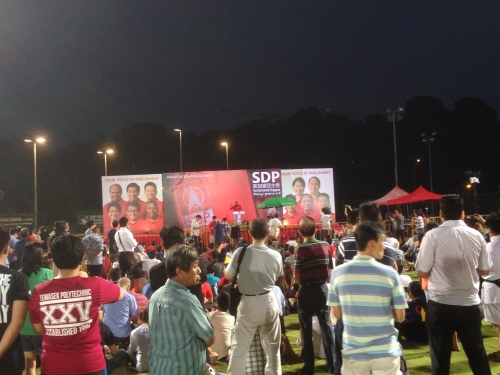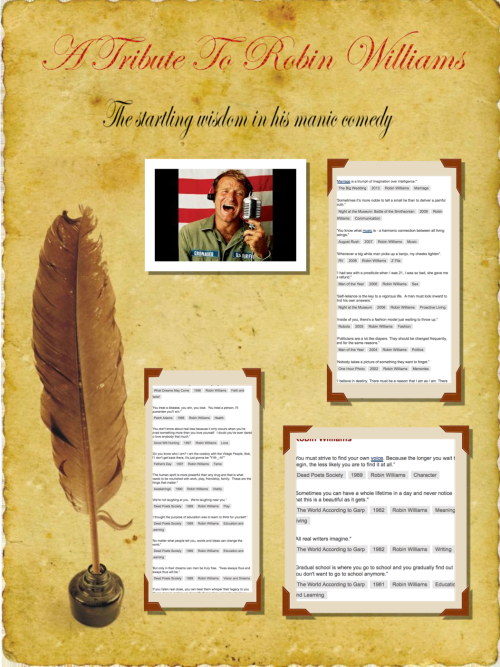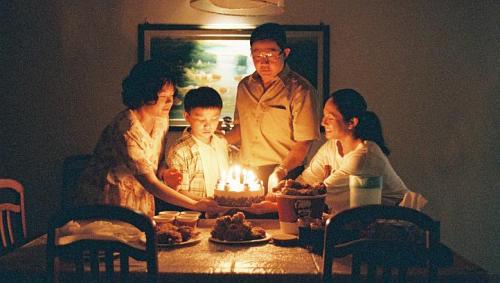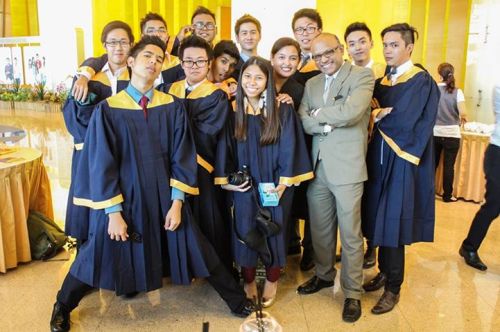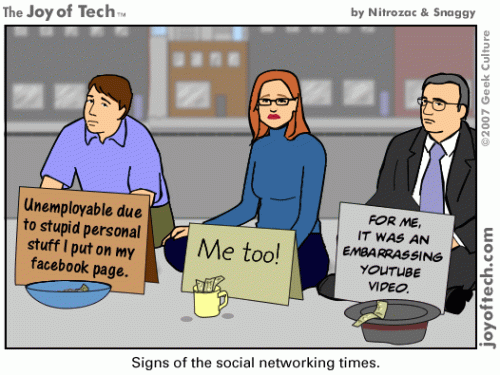[This is a re-post of an earlier blog]
With the influx of more foreigners into our small island nation, Singaporeans are often asked by government and community leaders to extend a warm welcome to them. To not just tolerate them but understand and appreciate their cultures and their traditions.
Singapore has always been a land of immigrants and multi-racialism and multiculturalism are not foreign concepts to most Singaporeans. They are part of our national ethos and value system. As such it would seem natural for our workplaces to embrace diversity in all forms as an extension of the national narrative that has been such an integral part of our history.
But I have my doubts. The nature of companies is to stick with the status quo – the prevailing organisational culture. And if the prevailing culture appears to promote uniformity in thought, communication and deeds where management teams are routinely filled with people who think and act in the same way, then organisational change to accommodate diversity is going to be a pipe dream.
The reason for this is the phenomenon called “shadow of the leader” (Senn, Larry E. and John R. Childress, The Secret of a Winning Culture: Building High Performance Teams. Leadership Press, Los Angeles, CA, 1999). Corporate culture is a direct reflection of the senior executives. Employees take their clues on how to behave and how to get ahead by watching the collective and individual behaviour of the senior executives (the principia project, John R. Childress). This is why effecting any organisational change has to come from the top.
Diversity comes in different forms – gender, cultural, religious and, the one I am concerned with here, personality types.Diversity in personality types in the workplace refers to people who think, process information, communicate and act differently because of how they are hardwired.
Organisational experts are recognising the benefits of having diversity of personality types in the workplace. Diversity can be a strength if it is harnessed properly. Singapore’s umbilical connection with the rapidly changing global environment, makes diversity in management teams a valuable asset in tackling the accompanying challenges and managing in diversity an important skill to have.
But embracing diversity must be a key component of the organisational culture and if it isn’t, then strong leadership is going to be absolutely pivotal in ensuring that it is.
In a 2006 study by Towers Perrin, companies with high culture scores consistently outperformed those with low culture scores on a variety of business metrics (the principia project, John R. Childress).
Jack Welch was quoted as saying, “A negative or resistant culture can derail even the best strategy”.
So if diversity of personality types within a management team is an asset which deserves to be a key component of an organisation’s corporate culture, then it takes a bold and enlightened leadership to ensure that it does.
There are many personality type tests which career coaches and human resource experts use to inform employees of their personality types and hence their preferred way of communicating and getting work done.
Many bosses conduct training sessions for their staff where personality tests are done and the results shared and explained so that employees get to understand themselves and the colleagues they work with. All this in an effort to promote teamwork, cooperation and collaboration and a happier, more congenial work environment.
The commonly used personality tests – Myers Briggs Type Indicator, Gallup’s StrengthsFinder and DISC – typically require respondents (employees) to answer a number of questions, usually in a given amount of time. And usually the results of these tests would reveal strengths or certain signature or dominant personality types which may explain how one communicates or behaves in a work environment.
It must be remembered that the context is important when doing such tests – what role are you assuming when you take the test – for e.g. employee or at a workplace, as a spouse or parent at home, or as a player in a sports team. We all wear many hats in our lives and it is important to understand that personality tests are only relevant for the context that we set ourselves in and the results are not gospel but can change in a different context or over time.
While the time and resources put into training staff to understand and embrace their personality types are admirable and encouraging, I believe the follow-through is much more important. The end objectives of such training are always the organisational benefits of better teamwork and communication and a happier and more productive workplace.
How many organisations find themselves reverting to their old habits, unable to achieve the end objectives by incorporating diversity in their management team? How many management teams give in to the dominant voices within and remain reluctant to change, shying away from embracing the diversity of personality types, leveraging on the different skill sets and perspectives to overcome organisational challenges?
These are questions that leaders in organisations need to seriously ponder on and take decisive action if they are to effect lasting changes in their organisations. Leadership is key.

Effective organisational change can only happen with effective leadership (Deal, Terrence E. and Allan A. Kennedy, Corporate Cultures, Perseus, 2000).
Management teams may eschew diversity as it may cause disharmony if senior executives are uncomfortable with it and fear unwanted delay in forging consensus.
But Mr Peter Ong, Head of the Singapore Civil Service, said recently at the Public Service Leadership Dinner, that “the dramatic pace of strategic ruptures taking place all around the world”, may require senior executives to get used to managing in diversity even if it means there may not be clear solutions, requiring tough decisions and empathy to steer clear of one size fits all type of solutions.
In conclusion, there needs to be a higher level of commitment from management teams to encourage diversity at the workplace not because it is the latest buzzword in management literature but for the organisational benefits it accrues to the department or company and for its more long term positive impact.




